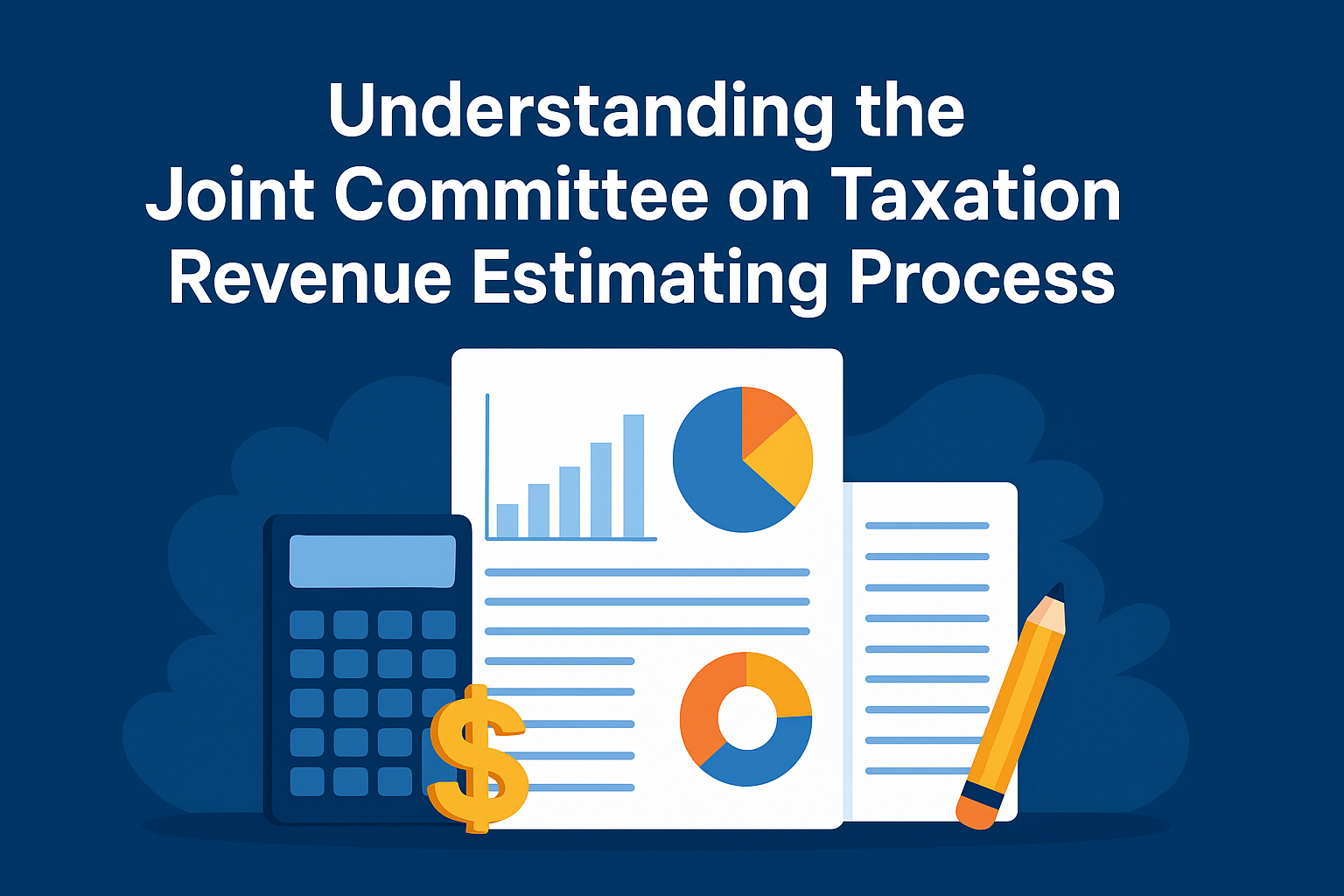In Revenue Procedure 2023-34, the IRS announced that the federal estate tax exemption in 2024 will be $13,610,000 per individual ($27,220,000 for a married couple), up from $12,920,000 in 2023.

The estate tax exemption is a "unified credit" because one credit applies both to the gift tax for gifts made during life and the estate tax for transfers made at death. This means that an individual can use the credit to offset any gift tax liability during their lifetime, and then any remaining credit can be applied to offset estate tax liability upon their death.
Generally, the exclusion provided is the "basic exclusion" because it does not take into account the deceased spouse's unused exemption. "Portability" allows a surviving spouse to make an election to use any unused portion of their deceased spouse's basic exclusion amount. This means that the surviving spouse can pass on a larger amount of assets tax-free. See Jean Gordon Carter & Stephen W. Murphy, What is Portability for Estate and Gift Tax?, ACTEC.
The federal estate tax exemption is set to sunset at the end of 2025. The Tax Cuts and Jobs Act (TCJA) of 2017 increased the lifetime estate and gift tax exemption from $5.6 million to $11.18 million per individual, adjusted for inflation. However, this increase is scheduled to expire or “sunset” at the end of 2025. This means that starting from January 1, 2026, the exemption amount will revert back to its previous level, adjusted for inflation. According to some estimates, the exemption amount in 2026 could be around $6.8 million per individual. It is important to note that Congress may revise or extend the exemption before it sunsets.
Hani Sarji
New York lawyer who cares about people, is fascinated by technology, and is writing his next book, Estate of Confusion: New York.






Leave a Comment